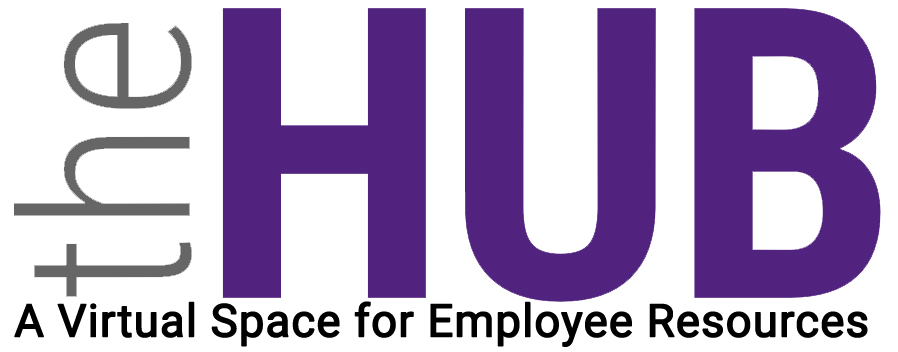Few topics in the business world garner as much attention as leadership. Harvard Business Review reports that there are over 15000 books on leadership in publication, with thousands of new articles produced yearly.
Despite this extensive body of work, the concept of leadership remains highly contested, with questions surrounding what constitutes effective leadership and how it functions. For leaders who are concerned about employee engagement, navigating the wide landscape of leadership theories and models can be challenging. Over the past decades, a number of theories on what makes effective leadership have emerged, each encompassing different styles and personality traits.
The list below highlights some well-recognized leadership theories and some simplified characteristics:
- Great Man Theory – Leadership is an inherent trait and individuals are born as leaders
- Trait Theory – Good leaders must possess certain personality traits that they inherit by birth
- Behavioral Theories – Focus is on how leaders behave and behavioral effectiveness
- Contingency Theories – The best leadership style depends on the situation, i.e., whether taking control or adapting to current circumstances
- Charismatic Theories – Effective leaders possess extraordinary qualities such as being inspiring, visionary, and empowering
- Transactional Leadership Theory – Leaders emphasize achieving certain desired outcomes and result
- Transformational Leadership Theory – Leaders bring about change in the followers’ perceptions and mindsets by being influential, motivational, inspirational, and impactful
- Situational Leadership – Stems from contingency theory but is more recently in vogue. Leaders consider particular circumstances when choosing the appropriate leadership style
Source: Fons Trompenaars, “Certified Professional Licensee Training”, 2023
In considering the above, existing and aspiring leaders can grapple with the question of which theory aligns with themselves, their objectives, their team, and their organization. The “Paradox of Leadership” article briefly summarizes some contrasting views on leadership. On one hand, there’s the perspective of Lao Tzu, who views leadership as an art that is best practiced when it remains concealed – an approach that implies the best leadership goes unnoticed. On the other hand, there’s the front-facing leadership style exemplified by military figures like Patton, characterized by command and control and a ‘my way or the highway’ approach. Both of these styles contrast with Mandela’s perspective, which advocates for leading from behind while being willing to step into the fray when necessary. Missing from the article is a clear description of what requirements are necessary for successful leadership in today’s context, aside from the article’s reference to President Kennedy’s wise words that leaders should continue learning and developing.
Now that we have explored some of the conflicting leadership approaches, the central question remains: What type of leadership is most conducive to employee engagement today?
Modern organizations feature highly diverse workforces, leveraging AI technology, knowledge work, teamwork, and adaptability as competitive advantages. These organizations require leaders equipped with the right tools, knowledge, skills, experience, and ‘know-how’ to effectively engage with workers both vertically and horizontally. However, the significant changes in the nature of modern work and the increasing diversity or organizations over the 5 – 10 years, have revealed shortcomings in traditional leadership competencies. For example:
- Traditional leadership and management models exhibit cultural biases that erode effectiveness in a diverse organization. Most models propose solutions based on implicit assumptions about the logic and behaviors necessary to solve problems, leading to conflicts when competing ideas emerge.
- Recognizing organizational challenges involves respecting different meanings based on the cultural values and norms of individuals and groups. For example, the concept of ‘taking charge of a situation’ varies in meaning and behavior between communitarian and individualistic cultures.
- In many organizations, culture remains a specialized (or side-dish) topic delegated to HR or DEI executives, limiting its understanding and significance to the broader leadership.
- Misunderstanding cultural differences at work can result in misplaced assumptions and negative stereotypes, leading to tension and lower performance.
- In diverse and hierarchical organizations, leaders face competing demands from senior leadership, creating a squeeze culture that differentiates instead of binds people in alignment.
Intercultural competencies can help organizations manage differences more effectively and lead us toward more inclusive solutions than binary (traditional) leadership models allow. After all, leadership that only listens and never speaks is weak, and leaders who only speak but fail to listen are dictators, while great leaders are those who speak only through exceptional listening.
Developing intercultural competencies such as Recognition, Respect, and Reconciliation involves developing one’s cultural awareness to appreciate differences and formulate integrated solutions. This process is exemplified through the six-step Dilemma Reconciliation Process (DRP) developed by the international management consultancy firm THTconsulting.com. When properly followed the DRP fosters innovation and sustainable problem-solving where traditional models can fall short.
At MC a culture is building where differences live within our shared values of diversity, equity, and inclusion. As leaders, all of us have the opportunity to build on this spirit and discover ways to leverage the benefits of working in our diverse college and community. While diversity is a beautiful aspect of any organization, it requires effective leadership and management; as Fons Trompenaars emphasizes, diversity is what sets us apart and makes us different, inclusion is what unites us and what we share, and leadership makes the difference.
Join your colleagues in embarking on an important learning and experiential journey in intercultural competency leadership development and register today for the Global Leadership Cohort.
